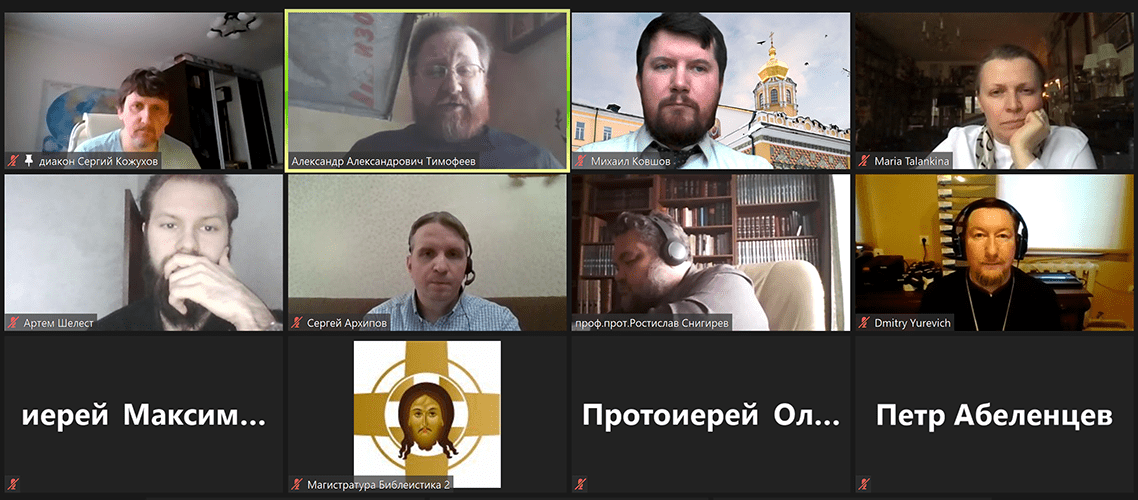
The Moscow Theological Academy held a regular interuniversity scientific seminar
On February 24, the Department of Biblical Studies of the Moscow Theological Academy, St. Petersburg Theological Academy, St. Tikhon’s Orthodox Humanitarian University and the Perervin Theological Seminary held an online scientific seminar “Is biblical science possible without biblical criticism?”
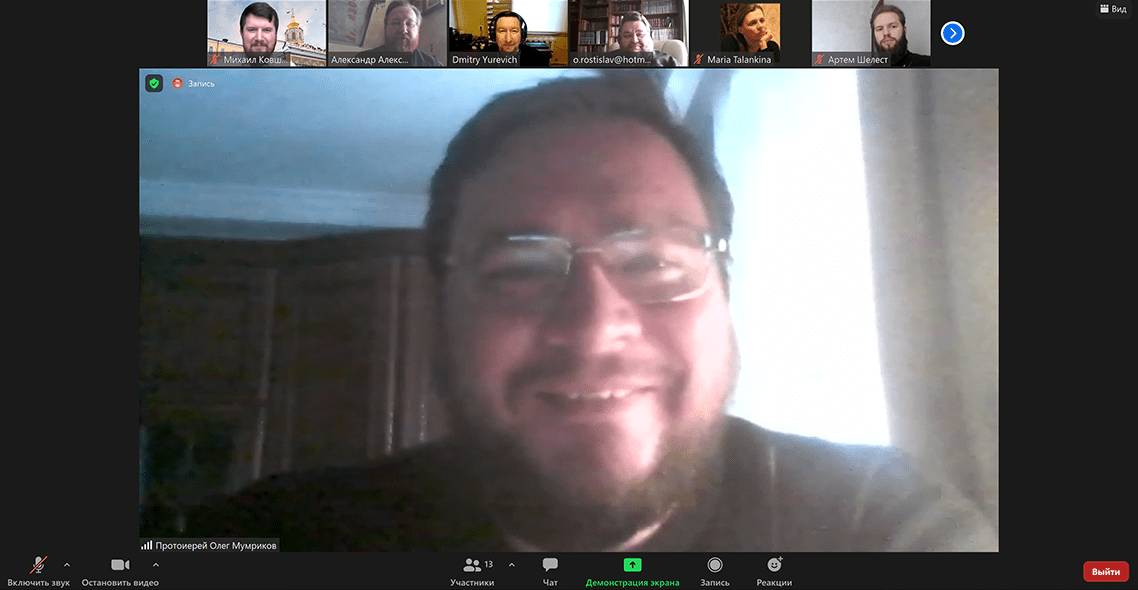
Archpriest Oleg Mumrikov, Associate Professor and Acting Head of the Biblical Studies Department at the Moscow Academy of Sciences, opened the session.
Three scientific reports followed the welcome speech.
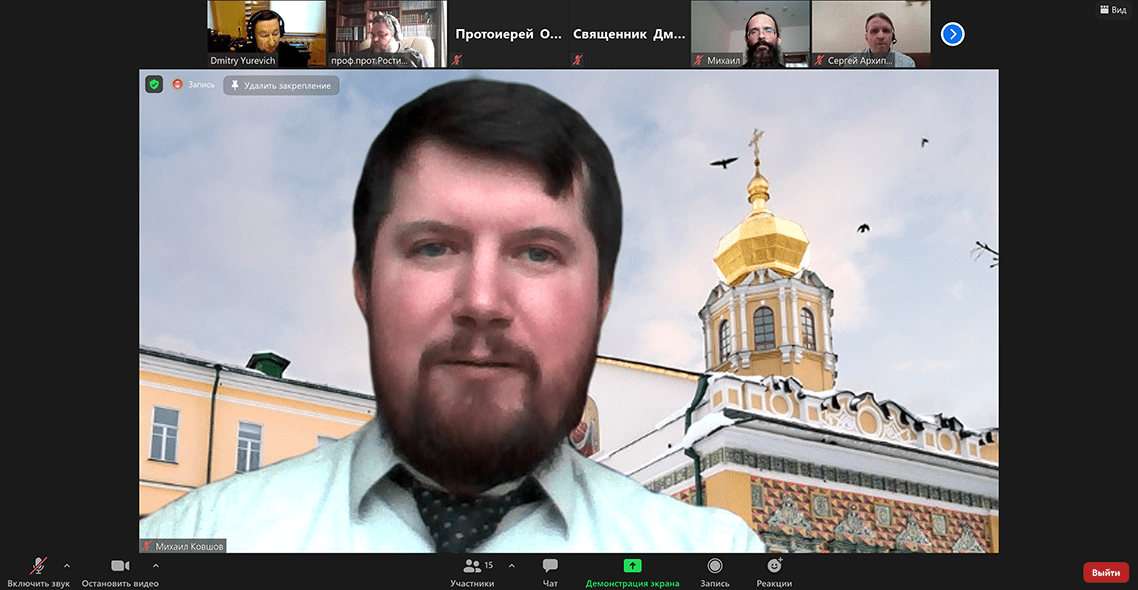
M.V. Kovshov gave the first report on “The problem of defining the concept of “Biblical criticism”. He noted that in Western Biblical Studies this term presents two, albeit interconnected, but still different concepts. At the same time, the definition of the Orthodox Biblical Studies as a type of historical and philological science is incomplete and requires some aspects of a theological discipline.
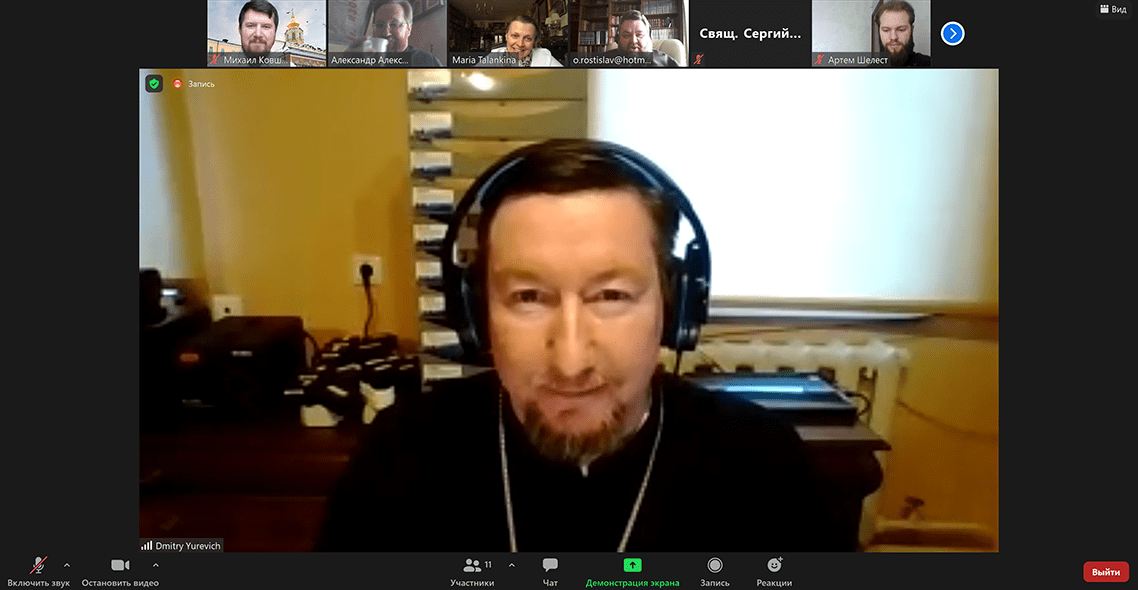
Archpriest Dimitriy Yurevich, Head of the Biblical Studies Department at St. Petersburg Theological Academy, presented “Historical and Critical Method from the Point of View of Biblical Hermeneutics”. He suggested focusing on the hermeneutic system proposed by Ivan Nikolaevich Korsunsky, who was Professor of the pre-revolutionary Academy.
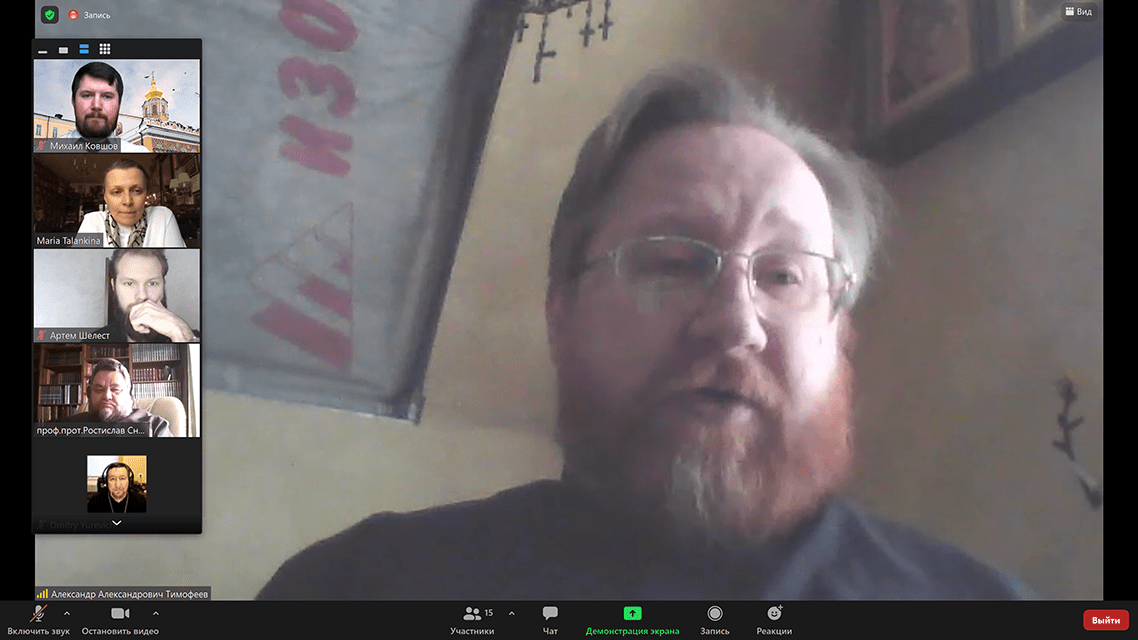
Archpriest Alexander Timofeev, Head of the Biblical Cabinet of the Moscow Theological Academy, gave a report on “Patristic heritage and biblical criticism”. The speaker pointed out the importance of taking into account some achievements of modern science, especially new studies of the Holy Scriptures.
The reports caused a lively discussion.
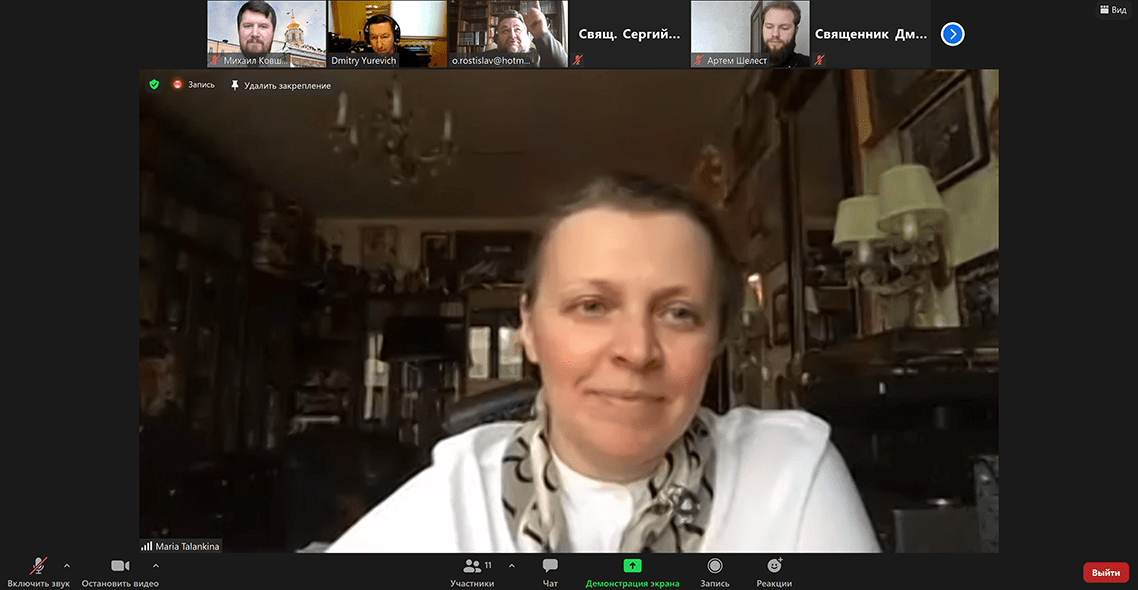
M.V. Talankina, Senior Lecturer of the Theology Department of St. Tikhon’s Orthodox Humanitarian University and Specialist of the Federal Educational Department in Theology, pointed out the importance of those basic attitudes on which all Bible researchers rely. For the Orthodox it is the main aim of the whole study of Scripture, which routs from the Lord’s plan about a man. Its successful realization we can see in the Lord Jesus Christ, with Whom we are bound in sacraments.
Holy Scripture is a projection of this very reality, which is incomprehensible from the text per se. The real knowledge depends on the person's closeness to Christian perfection. This also implies the importance of patristic ecclesiastical exegesis. On the other hand, it is impossible to neglect rational discourse while verifying the results of scientific research.
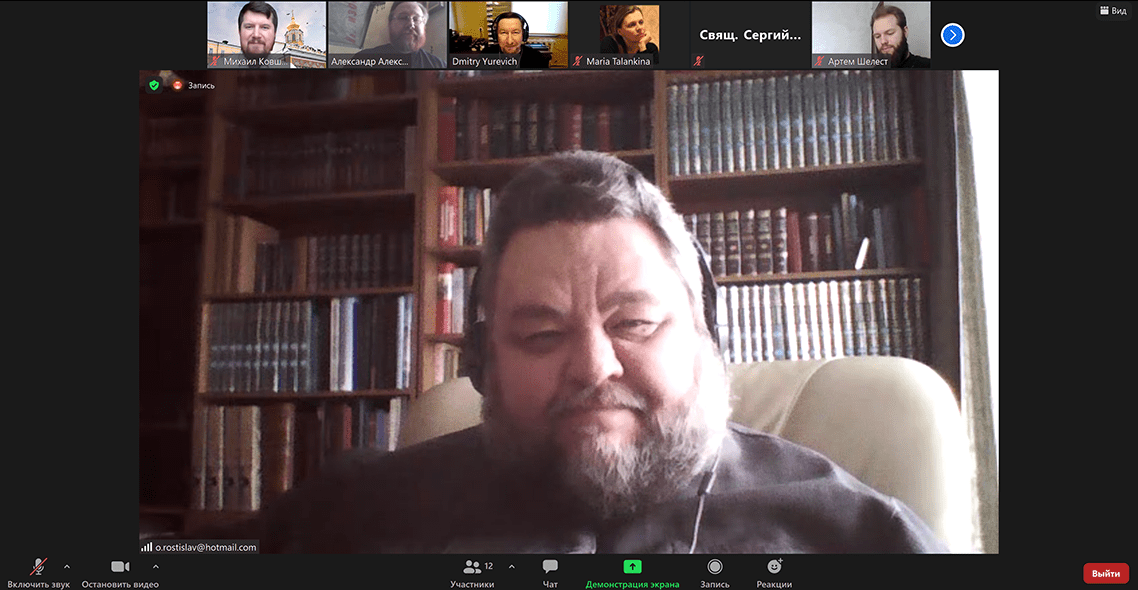
Archpriest Rostislav Snigirev, Professor, Head of the Biblical Studies Department at the Kiev Theological Academy, expressed his opinion that following holy fathers does not mean copying them. It means that we have to try methods used by holy fathers. For example, using the data of modern science, as St. Basil the Great did while interpreting first days of Creation.
Efficient and productive discussions brought out a range of viewpoints and issues related to the interpretation of the Hole Scripture and scientific knowledge.
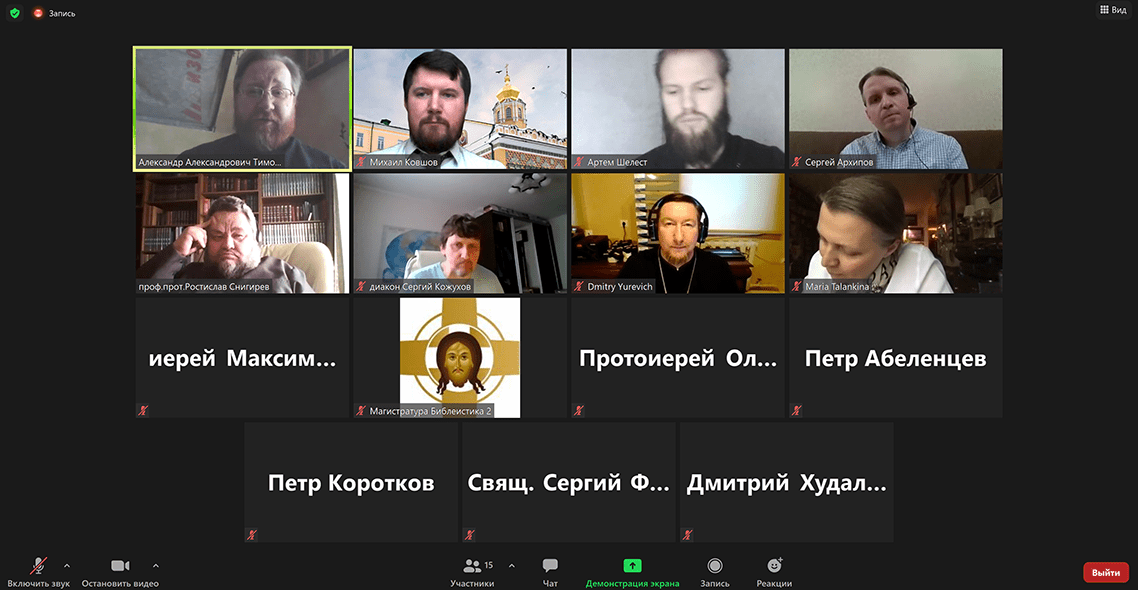
The following session is scheduled on March 31.
MThA Press Office
